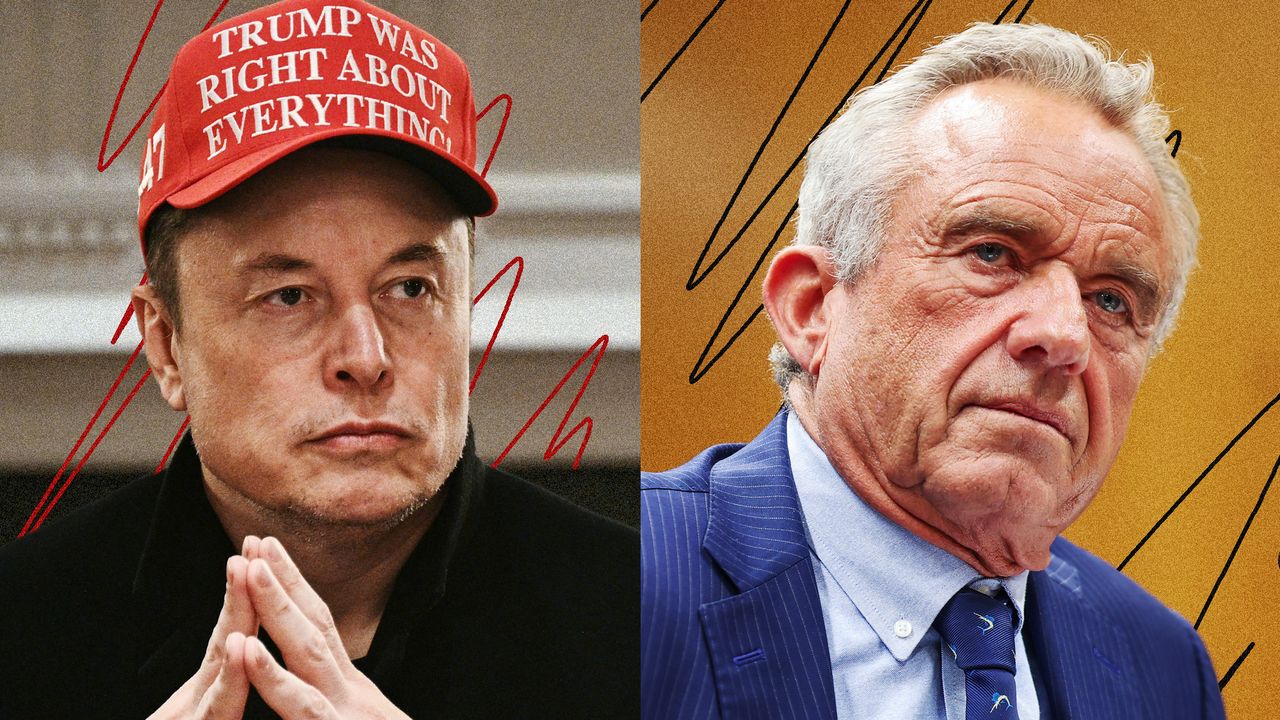
New York Times and Musk’s Alleged Drug Use: A Deep Dive
Recent reports and investigations, particularly those highlighted by the New York Times, have brought renewed attention to allegations surrounding Elon Musk’s purported drug use. These claims have sparked considerable debate and concern, given Musk’s prominent roles as CEO of Tesla, SpaceX, and X (formerly Twitter). The scrutiny extends beyond mere personal habits, raising questions about corporate governance, investor confidence, and national security implications. This article delves into the specifics of the New York Times‘ reporting, explores the broader context of these allegations, and examines the potential ramifications for Musk and his companies.
The New York Times Investigation
The New York Times has published multiple articles detailing alleged drug use by Elon Musk. These reports often cite anonymous sources, including individuals described as close to Musk, former board members, and company insiders. The allegations range from recreational drug use to more serious concerns about potential addiction and impairment. The specific substances mentioned in these reports include, but are not limited to, ketamine, cocaine, and ecstasy. The New York Times reporting suggests a pattern of behavior that has allegedly raised concerns among those within Musk’s inner circle.
According to the New York Times, concerns have been raised that Musk’s alleged drug use could potentially impact his decision-making abilities and overall leadership. This is particularly concerning given the high-stakes nature of his various ventures. Tesla, for example, is a publicly traded company with significant responsibilities to its shareholders. SpaceX, on the other hand, works closely with the U.S. government on sensitive national security projects. Any perceived impairment of Musk’s judgment could have serious consequences for these organizations.
Elon Musk’s Response
Elon Musk has publicly addressed the allegations of drug use, often dismissing them as unfounded or exaggerated. In some instances, he has acknowledged using prescription drugs, such as ketamine, for therapeutic purposes, claiming that it helps manage his depression. However, he has consistently denied using illegal drugs or engaging in any behavior that would impair his ability to lead his companies effectively. Musk has also suggested that the New York Times is biased against him and has accused the newspaper of publishing false and misleading information.
Despite Musk’s denials, the allegations persist, fueled in part by his often erratic and unpredictable behavior on social media. His frequent late-night tweets and controversial statements have led some to speculate that he may be under the influence of drugs or other substances. This perception, whether accurate or not, has contributed to a climate of uncertainty and speculation surrounding his leadership.
Potential Ramifications
The allegations of drug use against Elon Musk have several potential ramifications. First and foremost, they could damage his reputation and erode public trust in his leadership. This could have a negative impact on the stock prices of Tesla and other companies he leads. Investors may become wary of investing in companies led by someone perceived as unstable or unreliable. [See also: Tesla Stock Performance After Musk Allegations]
Secondly, the allegations could raise concerns among government regulators and national security officials. SpaceX, in particular, works closely with the U.S. government on sensitive projects, including launching satellites and transporting astronauts to the International Space Station. If Musk were found to be using illegal drugs, it could jeopardize these contracts and undermine national security. The US government takes any suspicion of drug use seriously when it comes to government contractors.
Thirdly, the allegations could lead to increased scrutiny from corporate governance experts and shareholder activists. These groups may call for greater oversight of Musk’s behavior and demand that he undergo regular drug testing. They may also push for changes in corporate governance structures to ensure that Musk’s personal behavior does not negatively impact the companies he leads. [See also: Corporate Governance and CEO Behavior]
The Broader Context of Drug Use in Tech
The allegations against Elon Musk come at a time when there is growing awareness of the prevalence of drug use in the tech industry. The high-pressure, demanding environment of Silicon Valley has been linked to increased rates of substance abuse among tech workers. Many individuals in the tech industry turn to drugs and alcohol to cope with stress, anxiety, and long hours. The availability of drugs in certain social circles within the tech community can also contribute to the problem. [See also: Mental Health in the Tech Industry]
The focus on Elon Musk and alleged drug use highlights a broader issue within the tech industry: the need for greater awareness and support for mental health and substance abuse. Companies need to create a culture of openness and support where employees feel comfortable seeking help for these issues. They also need to implement policies and programs that promote healthy lifestyles and discourage drug use.
Ethical Considerations for the New York Times
The New York Times‘ reporting on Elon Musk’s alleged drug use raises several ethical considerations. On the one hand, the newspaper has a responsibility to inform the public about matters of public interest, including the behavior of prominent business leaders. On the other hand, the newspaper must also be mindful of the potential harm that its reporting could cause to Musk’s reputation and businesses. The use of anonymous sources also raises questions about the reliability and accuracy of the information being reported.
The New York Times has defended its reporting, arguing that it is based on credible sources and that it has taken steps to verify the accuracy of the information. The newspaper has also emphasized that it is not seeking to sensationalize the issue but rather to provide a balanced and objective account of the allegations. However, critics argue that the newspaper’s reporting is biased against Musk and that it is unfairly targeting him. [See also: Journalistic Ethics and Anonymous Sources]
The Role of Social Media
Social media has played a significant role in the unfolding of this story. Elon Musk’s frequent use of Twitter has made him a highly visible and often controversial figure. His tweets have been scrutinized and analyzed by the media and the public, and they have often been used to support or refute the allegations of drug use. Social media has also provided a platform for individuals to share their own experiences with drug use and to comment on the broader issue of substance abuse in the tech industry.
The use of social media in this context highlights the challenges of reporting on sensitive and controversial topics in the digital age. The speed and reach of social media can amplify rumors and misinformation, making it difficult to separate fact from fiction. It also creates a highly charged and polarized environment where it is difficult to have a rational and informed discussion. [See also: Social Media and Misinformation]
Moving Forward
The allegations of drug use against Elon Musk raise important questions about leadership, corporate governance, and the role of the media. While the truth of these allegations remains uncertain, they have undoubtedly had a significant impact on Musk’s reputation and the companies he leads. Moving forward, it is important to have a balanced and objective discussion about these issues, based on facts and evidence, rather than speculation and rumor. The New York Times will likely continue to follow this story, providing further updates and analysis as new information becomes available. The potential impact of Elon Musk’s alleged drug use cannot be understated.
Ultimately, the responsibility for addressing these issues lies with Musk himself and with the boards of directors of his companies. They must take steps to ensure that Musk is fit to lead these organizations and that his personal behavior does not negatively impact their operations or their reputations. [See also: Leadership and Accountability]
This situation, particularly as reported by the New York Times, serves as a cautionary tale about the pressures of success and the importance of maintaining ethical standards, even in the high-stakes world of technology and business. The world will continue to watch how Elon Musk navigates these challenges and what lessons can be learned from his experience. The New York Times plays an important role in documenting and analyzing these events, providing valuable insights for the public and for those within the tech industry.

